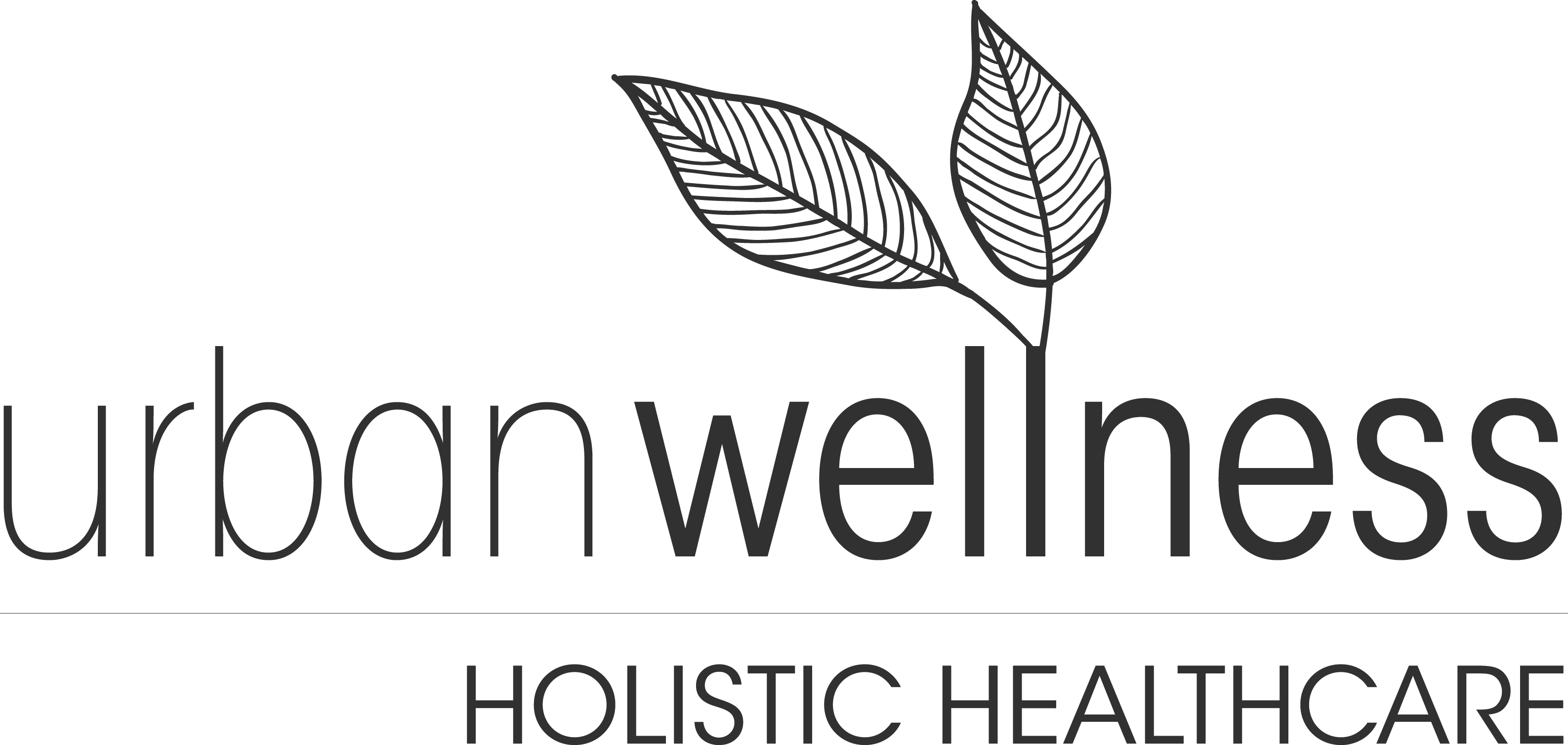By Rhiannon Hughes, RMT, BSc
The pervasive impact cancer has on an individual’s life is clear. The diagnosis alone can provoke extreme feelings of worry and fear. There are difficult decisions to make regarding course of action that require navigation through treatment options that are oftentimes invasive, aggressive and scary. The development of the disease and cumulative toll of treatment can demand significant modifications to lifestyle and day-to-day living, many of which compound the stressors placed upon the individual. Certainly, there are numerous physical, psychosocial and emotional disruptions related to the disease and its treatment.
How can Registered Massage Therapy help?
Although massage therapy does not provide direct cancer treatment, it can play a role both as complementary therapy and personal support. Massage therapy can increase the effectiveness of other cancer treatments and strengthen the immune system as well as help manage stress and improve quality of life.
Some general health benefits of massage:
– Lessens muscle tension and joint stiffness
– Improves mobility
– Encourages blood flow
– Optimizes quality of scarring
– Promotes relaxation and reduces stress
– Improves sleep quality
– Enhances sense of well-being
Furthermore, a growing body of clinical research has demonstrated specific benefits of particular interest to the person with cancer, such as:
Relief from cancer-related pain
A meta-analysis of 12 studies, including 559 participants, found that massage was significantly effective in relieving cancer pain across all cancer types. And while massage therapy may not completely replace pain medication for those with cancer it may provide enough relief to reduce dosages.
Improved mood states, lessened fatigue and nausea
Several clinical trials have found consistent benefit for anxiety, depression, fatigue and nausea, with repeated treatments demonstrating cumulative effects. Additionally, some trials have found reductions in anger and hostility following massage therapy. In one study, 1290 cancer patients rated pain, fatigue, anxiety, nausea and depression on a 10-point scale. Results indicated immediate improvement in symptom scores following massage therapy with a reduction in anxiety being the most significant improvement across the board. Again, these results suggest that massage therapy can offer symptom relief that may prevent or reduce the need for additional medications, such as anti-emetic and anti-anxiety.
Immune support
Relaxation, improved sleep and reduction of stress and anxiety are linked to a variety of potential beneficial healing and immune functions, which would be of clear benefit to those living with cancer. One study involving breast cancer patients suggested that measurable increases in urinary levels of dopamine, serotonin, natural killer cells and lymphocytes (white blood cells) were found following a series of regular 30-minute treatments.
Management of lymphedema and edema
In a randomized clinical trial of 120 women with dissection of axillary lymph nodes, those receiving massage to promote lymphatic drainage and improve scar tissue quality showed a significant decrease in development of lymphedema during a year follow-up. Well-managed lymphedema and edema can prevent nerve compression syndromes, lessen discomfort, improve function, and limit tissue damage in the affected area.
Strengthened ability to cope and improved body acceptance
Numerous qualitative studies have demonstrated the positive impact massage therapy can have on one’s psycho-emotional experience with cancer. Cancer patients described feelings of increased comfort, peace and calmness following massage treatments. Free from extreme worry and negative thoughts, individuals were able to transition from feelings of violation and disconnection (from tests, surgeries, aggressive treatments, even from the cancer itself) to renewed body acceptance and faith in ability to cope. Some participants described the experience with massage therapy as offering “an oasis of normalcy” in an otherwise isolating and frightening situation as well as eliciting “a sense of feeling stronger and having increased possibilities in their bodies.”
But is it safe?
Historically, there has been concern over whether massage therapy stimulates metastasis of cancer cells. Since massage therapy promotes blood and lymph circulation, the out-dated theory suggested that cancer cells shedding from primary tumors would be mechanically manipulated to travel via blood and lymph, and implant themselves at secondary sites. There is no research to support this. In fact, if enhanced circulation promoted metastasis, people with cancer would be advised against exercise, hot showers and many of the more physical activities of daily living.
Of course, there are safety concerns to consider and treatment modifications to apply as necessary. Massage should always be avoided around the site of a tumor, the site of an undiagnosed lump, or where a tumor has been recently removed. Further to that, the general health status of the individual, tissue fragility, altered sensation due to neuropathy, surgical scars, lymphedema, weakened bone, blood clot risk, and protocols related to chemotherapy, radiation therapy and scar tissue work are just a few things a Registered Massage Therapist will make note of that will influence the treatment plan. Ultimately, the RMT can provide a highly individualized massage treatment designed to meet the goals of the client, while considering the aspects of the disease and cancer treatment side-effects.
Rhiannon’s interest in massage therapy’s potential role in cancer care began as a student at Sutherland-Chan School of Massage Therapy where she participated in an outreach program at Princess Margaret Cancer Centre Lodge that offered weekly massage treatments to patients undergoing various cancer treatments including chemotherapy, radiation therapy and bone marrow transplant.
Book an appointment with Rhiannon today!

